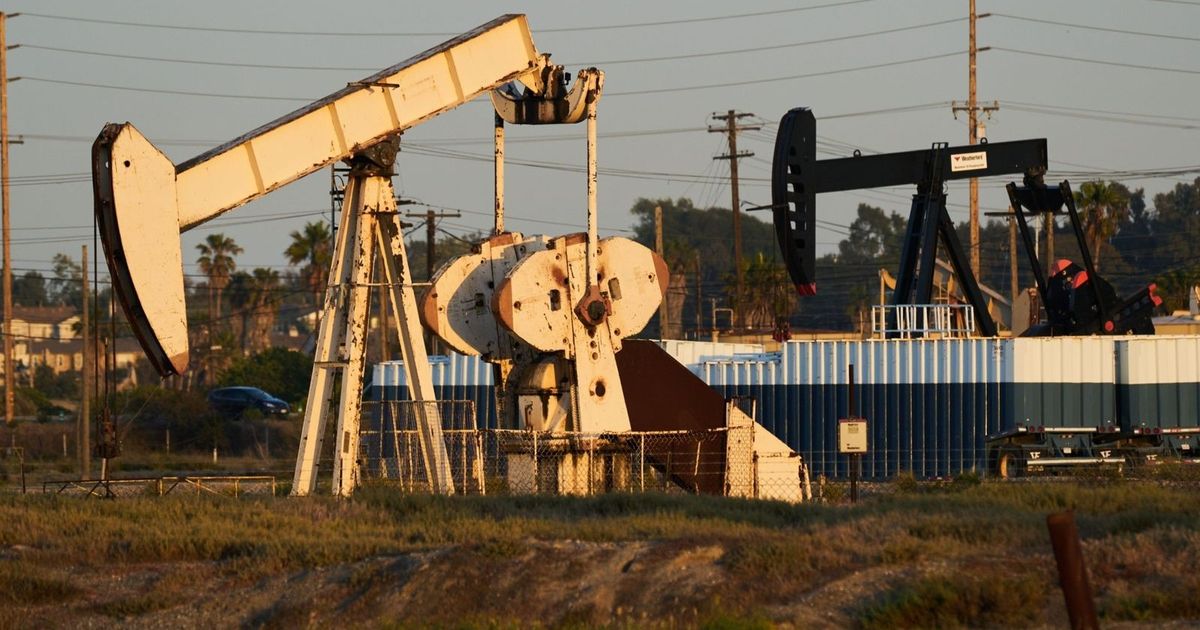Oil prices have risen after the administration of US President Donald Trump expressed his willingness to reach an agreement with China to contain renewed trade tensions between the world’s largest crude consumers. Brent rough rose above the $ 63 per barrel after dropping 3.8% on Friday, his biggest decline since August, while the intermediate crude of West Texas won almost $ 60. On Friday, Trump announced the imposition of additional 100% Customs duties on Chinese goods, in addition to restrictions on the execution of “any and all important software” from November 1, after Beijing imposed new duties on US ships to its ports, and restrictions on the execution of rare metals and other important materials. However, Trump indicated on Sunday that he was prepared to reach an agreement, while Beijing called on Washington to negotiate, and emphasized that it would not hesitate to respond to any threats. “We will go well with China,” the US president told reporters aboard Air Force one in the early hours of the Asian time of Monday morning, although the plan to set rates on November 1 is still in place. He also said he would consider providing the Tomahawk missiles with Ukraine that would enable it to export deeper strikes within the Russian area, which would increase the risk of extra disruptions to OPE supplies of OPEC+ member states. Technical recovery after sharp losses “The market had the worst case in mind, so just a softer tone of Trump gives oil a little space to breathe,” says Haris Khurshid, investment officer of the Chicago-based Carobar Capital. He added: “But it looks more like a position correction than a real shift. Traders cover their positions after the sharp sale last week. Unless we see the real progress with trade negotiations, the profits are likely to fade quickly.” Chinese fees on US ships increase uncertainty. China’s decision to impose fees on ships coming through US businesses at its ports has led to the cancellation of discussions at the last moment for different types of ships, including oil tankers, which caused delivery costs to rise. These fees will come into effect on October 14, reflecting similar measures that Washington has taken against Chinese ships, at a time when the Trump administration targets the dominance of the Asian country of the global logistics and shipbuilding sectors. These measures have added the expectations of the oil market, which has seen over the past two weeks, more ambiguity with the growing production of the OPEC+ Alliance, at a time when the fear of an expected glut in the offer later in the year. At the same time, the fragile ceasefire between Israel and Hamas contributed to reducing the fear of renewed fighting in the Middle East, the source of about a third of the global oil supplies.
Oil prices are rising to a US conciliatory tone to China
